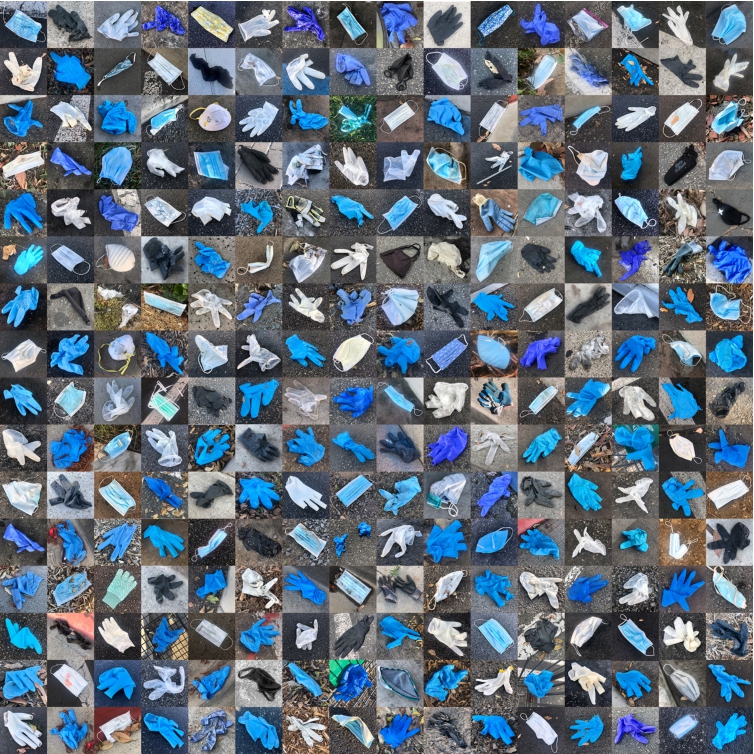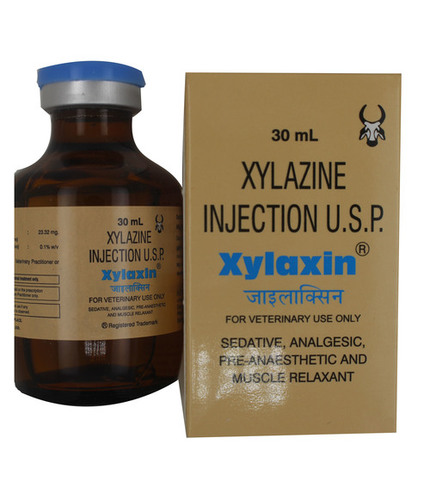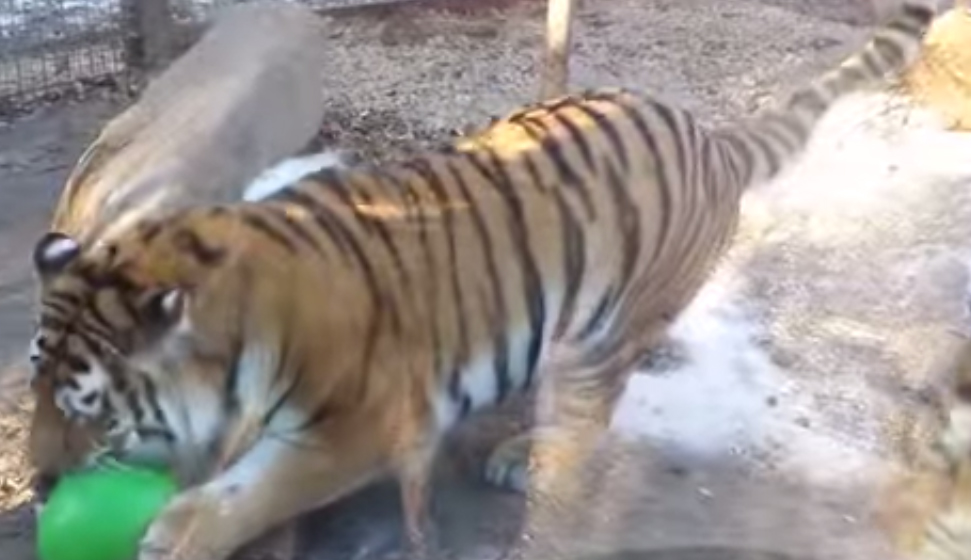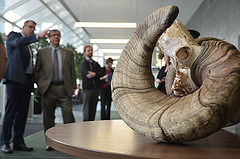Fish entrapped in medical gloves, birds using medical face masks as nesting materials. Animals have been found entangled, entrapped and with ingested personal protective equipment leading to a new form of litter that is causing deaths.
During the COVID-19 pandemic, Personal Protective Equipment (PPE) is massively used, resulting in a new wave of litter: protective face masks and gloves.
Now a new study with data from around the world have found examples of animals being found. A fish entrapped in a medical glove was encountered during a canal clean-up in Leiden, The Netherlands.
Birds using medical face masks as nesting material were also found in the Dutch canals.
The study, published in Animal Biology, documented cases of entanglement, entrapment and ingestion of COVID-19 litter by animals and the use of it as nesting material.
The researchers have started a site for people to submit their discovery of animals being harmed by the materials designed to keep us safe.
The site is www.covidlitter.com
China increased face mask production by 450% in just one month and it is estimated that around the world, there is a monthly use of 129 billion face masks and 65 billion gloves globally.
Similar to the usage of other single-use plastic items, this also means an increase of PPE littering our environment. PPE litter, also referred to as COVID-19 litter, mainly consists of single-use (usually latex) gloves and single-use face masks, consisting of rubber strings and mostly polypropylene fabric. Three months after face masks became obligatory in the UK, PPE items were found on 30% of the monitored beaches and at 69% of inland clean-ups by the citizen scientists of the Great British Beach Clean.
Even on the uninhabited Soko Islands, Hong Kong, already 70 discarded face masks were found on just a 100-meter stretch of beach. A growing public concern about PPE litter became apparent during March and April 2020, as a Google News search on ‘PPE’ and ‘litter’ showed a sudden increase in news articles.
The #glovechallenge, in which people shared their observations of gloves and face masks resulted in more than 11 000 photos of COVID-19 litter from all over the world.
A Dutch COVID-19 litter project reported 6347 photos of gloves or face masks littering The Netherlands during the months of May and June.
Initially, these products were mainly found in close vicinity to supermarkets and healthcare institutions, but when face masks became compulsory in public transport, they were also increasingly being found near bus, tram, and train stations.
By now the use of face masks is mandatory or highly recommended in many countries. As a consequence, the increase in production and consumption of PPE litter inevitably leads to interaction with animal life.
Both masks and gloves pose a risk of entanglement, entrapment and ingestion, which are some of the main environmental impacts of plastic pollution.
Plastic can have enormous impacts on animals, some direct, others indirectly. An entanglement, for example, can be acute, resulting in immediate death by suffocation or drowning, or chronic, meaning it may exhaust the animal, restrict feeding to the point of starvation or result in strangulations, wounds, infections or cause amputations.




